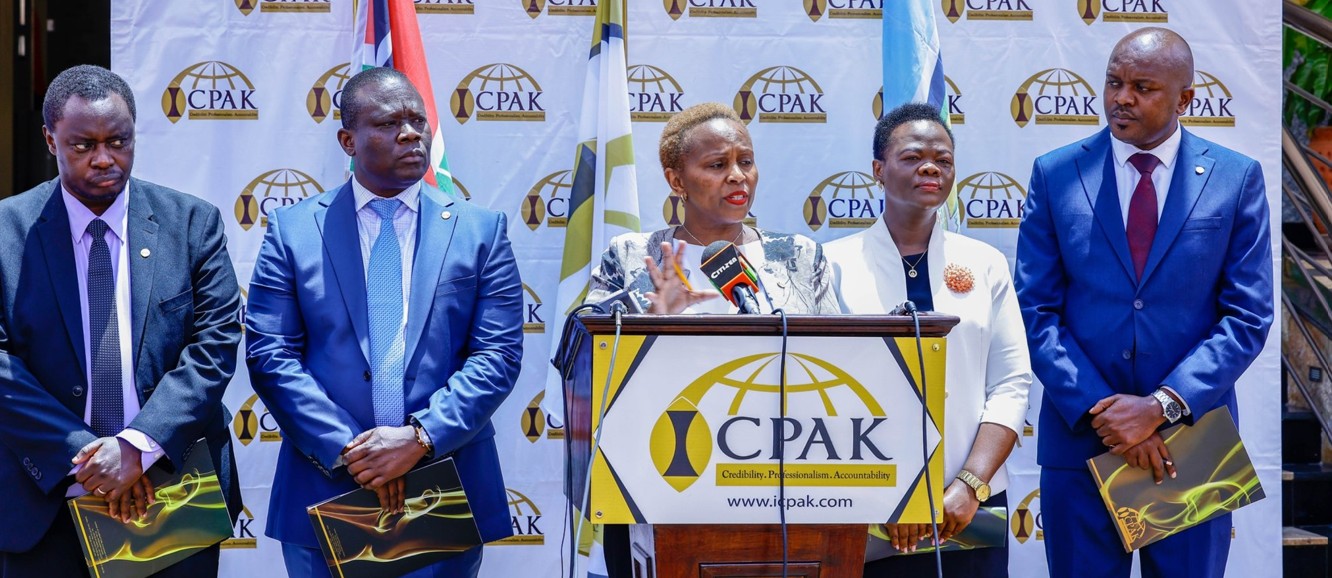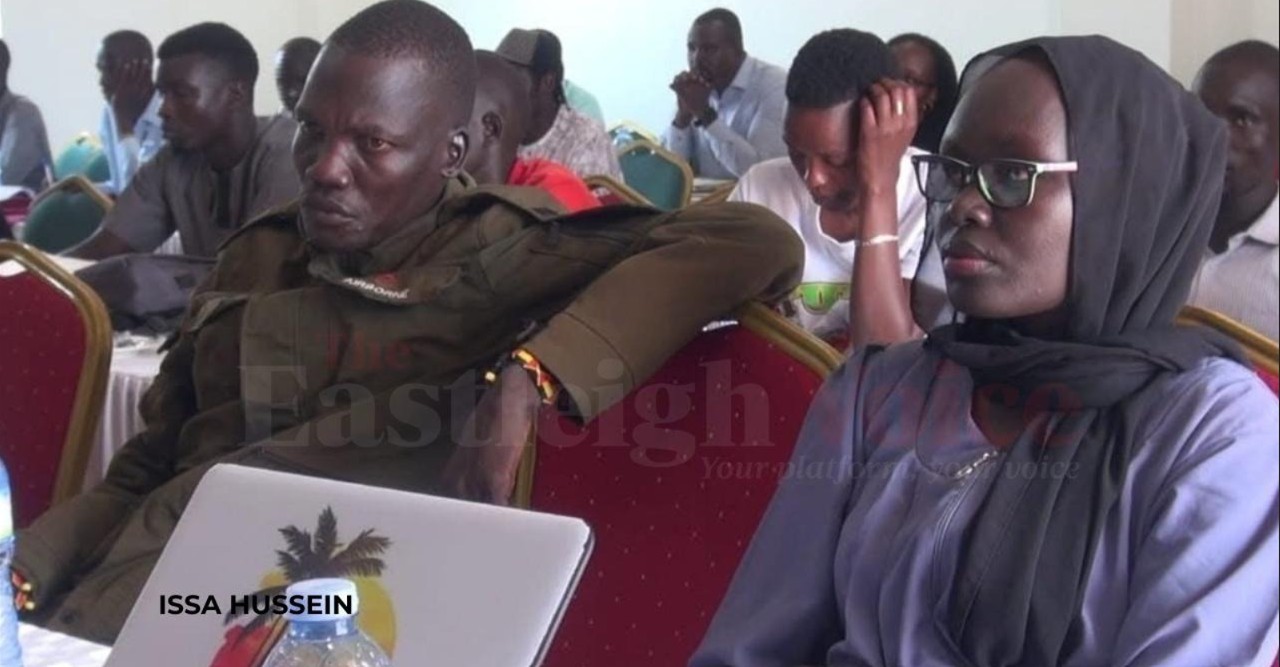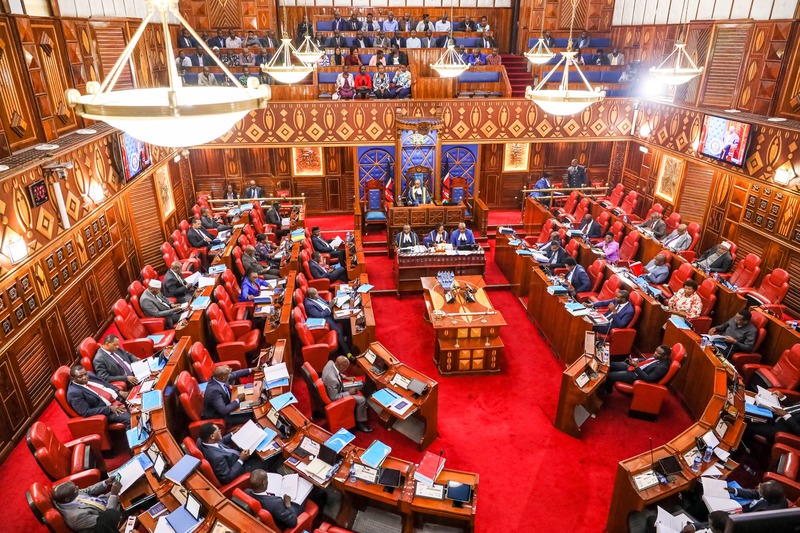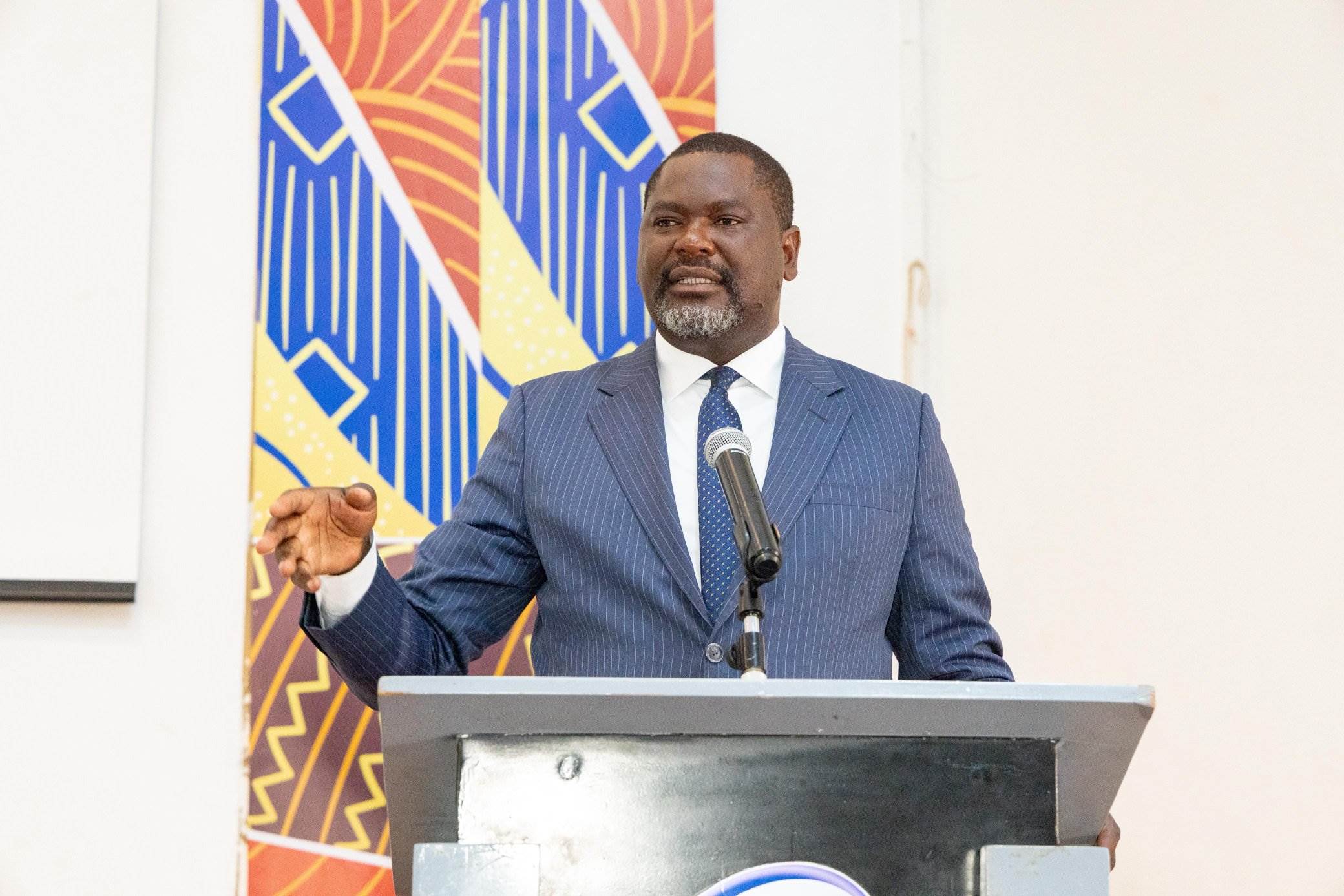Parliament urged to rein in fiscal indiscipline as audit flags misuse of public funds

ICPAK has called for stronger accountability in the management of public finances, highlighting ongoing weaknesses in financial reporting and fiscal discipline.
Parliament has been urged to tighten fiscal oversight mechanisms to curb misuse of public funds, after a new report exposed persistent irregularities and rising pending bills across national government ministries, departments and agencies.
The Institute of Certified Public Accountants of Kenya (ICPAK) has called for stronger accountability in the management of public finances, highlighting ongoing weaknesses in financial reporting and fiscal discipline.
More To Read
- SHA says whistleblower Andrew Rotich has not lost job amid recruitment controversy
- Kenya’s economic recovery in limbo as fiscal, debt pressures persist - Moody’s
- Parliament's delay in enforcing audit reports threatens public funds, Auditor-General Gathungu warns
- ICPAK to roll out QR-coded financial statements to curb fraud and unlicensed practice
- Accountants push for tax reforms to spur industrial growth, boost household incomes
- World Bank warns of mounting fiscal pressure as Kenya faces debt distress risk
In its latest Public Audit Review released on Tuesday, ICPAK examined the audited financial statements of ministries, departments and agencies (MDAs) for the 2020/21, 2021/22, and 2022/23 financial years. The review assessed compliance, internal controls and governance practices in line with Article 229 of the Constitution and the Public Audit Act, 2015.
According to ICPAK Chairperson Elizabeth Kalunda, the review seeks to promote value for money and enhance oversight by Parliament, regulatory bodies and civil society.
“By weaving credibility, professionalism and accountability into every strand of governance, Kenya can nurture a public finance system rooted in integrity,” she said.
“We must continue to foster a culture of transparency, accountability and ethical financial management throughout all levels of government.”
She emphasised that county governments' accountability ensures that resources are used effectively to foster socio-economic development, improve service delivery and enhance citizens' livelihoods
The report presented a mixed picture of progress and recurring weaknesses. While the number of unmodified audit opinions rose from 22 in the 2020/21 financial year to 28 in 2022/23, ICPAK noted that many public entities continue to face recurrent audit queries, including unsupported expenditures, irregular procurements and weak internal controls.
It also highlighted a steep increase in pending bills, which grew from Sh72.3 billion in 2020/21 to Sh130.8 billion in 2022/23, a trend ICPAK said signals growing fiscal strain and inefficiencies in budget implementation.
Over the same period, under-expenditure widened from five per cent to 11 per cent, despite overall government spending increasing from Sh3.21 trillion to Sh3.61 trillion.
The report also raised concern that several individuals signing off on financial statements were not in good standing with ICPAK, contrary to the Accountants Act and professional ethics.
“There was a decline in members in good standing from 34 in FY 2020/21 to 30 in FY 2022/23, indicating the need to strengthen professional accountability frameworks,” the institute said.
ICPAK urged the Office of the Auditor General, Parliament, and the National Treasury to enforce the requirement that preparers and signatories of public financial statements must be ICPAK members in good standing.
It also called on Parliament to enhance oversight by ensuring audit recommendations are acted upon and progress closely tracked to safeguard public funds.
Top Stories Today












































